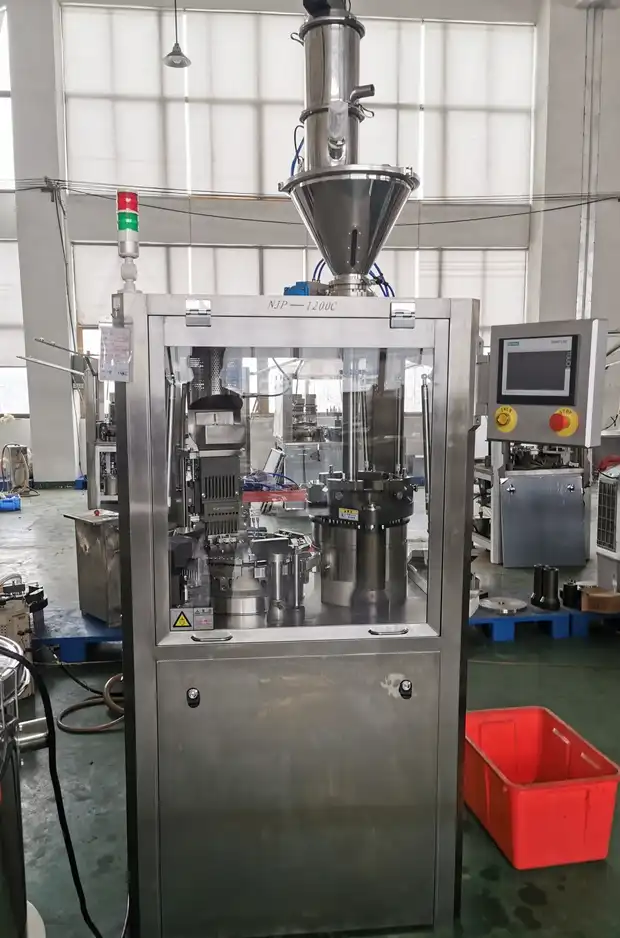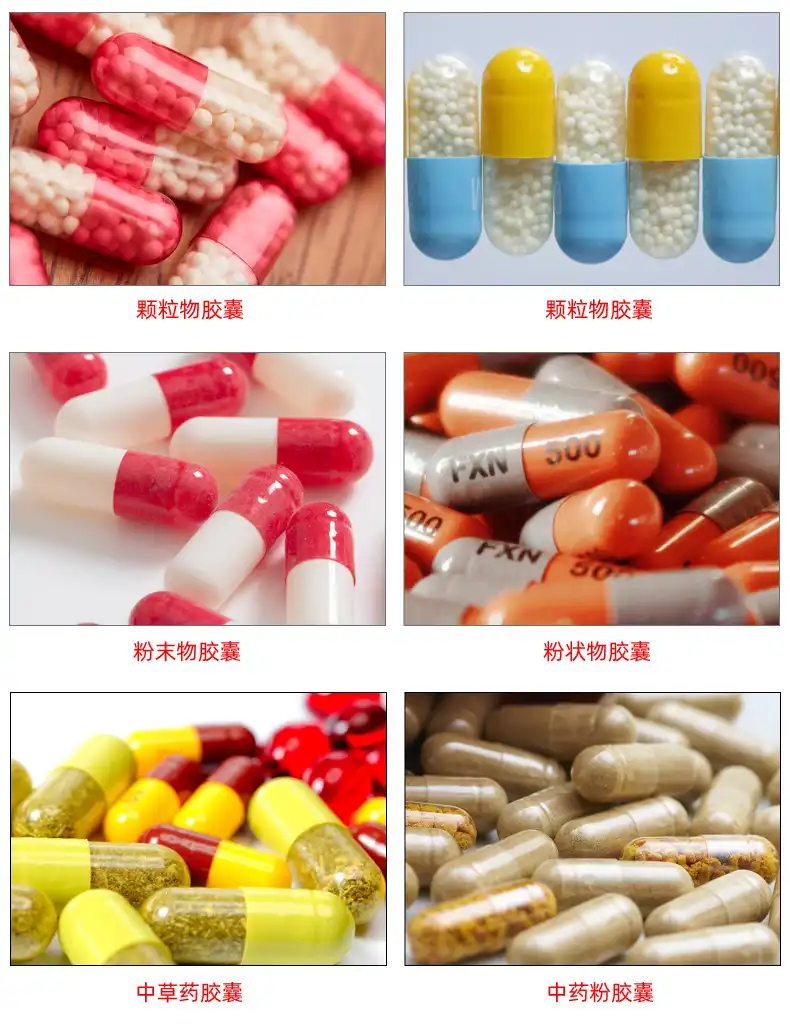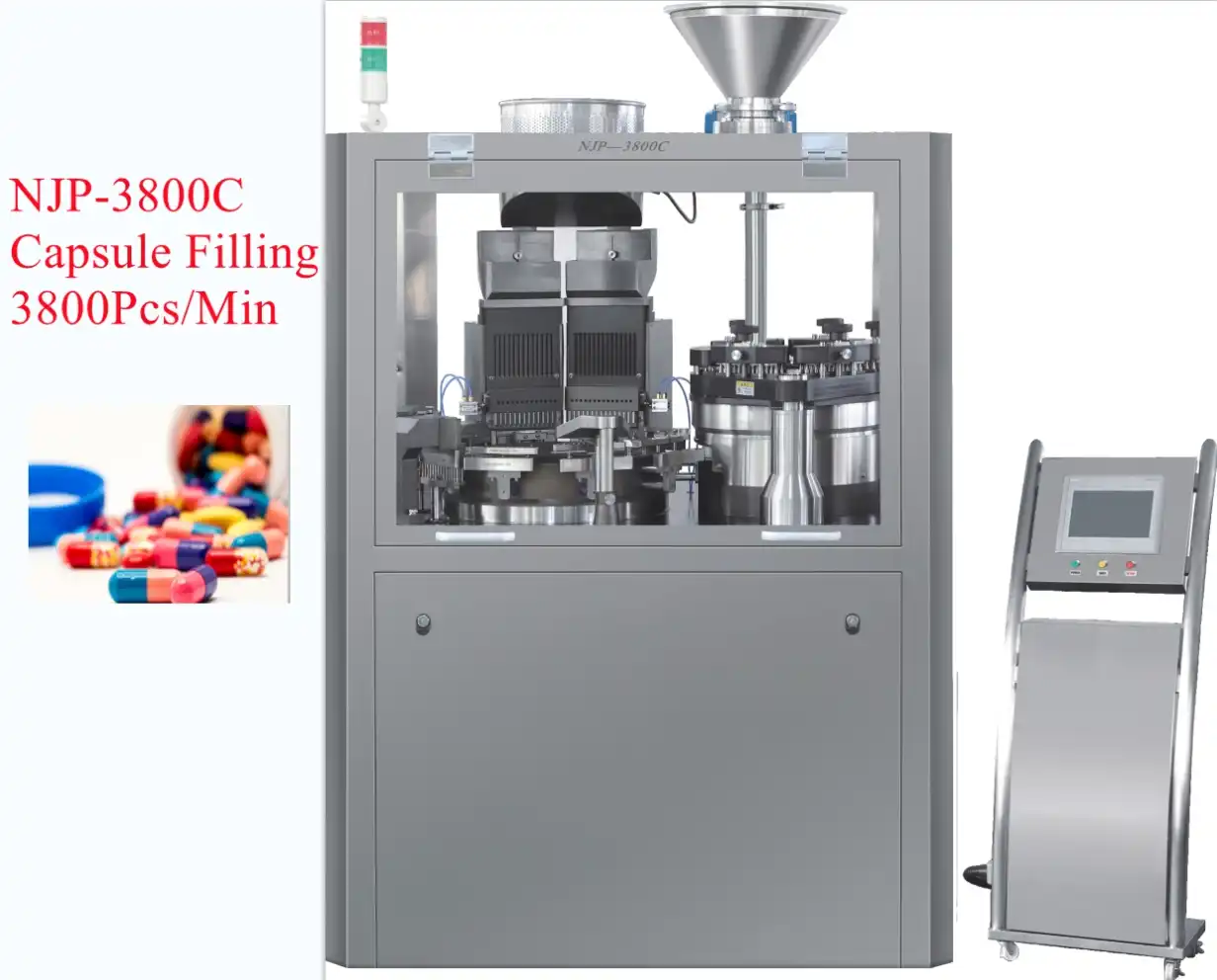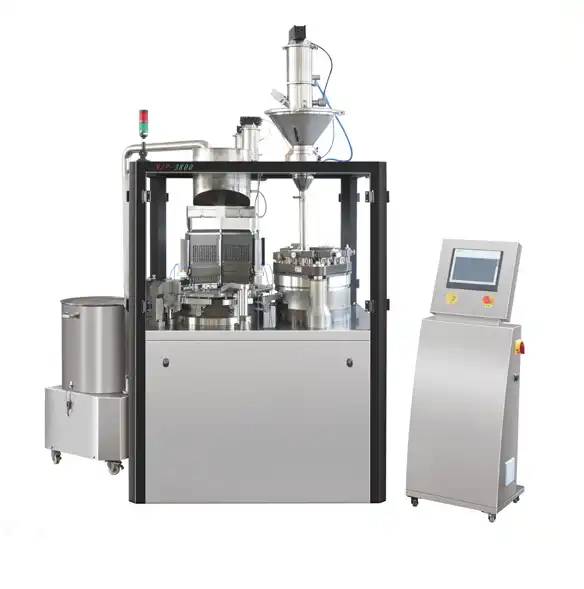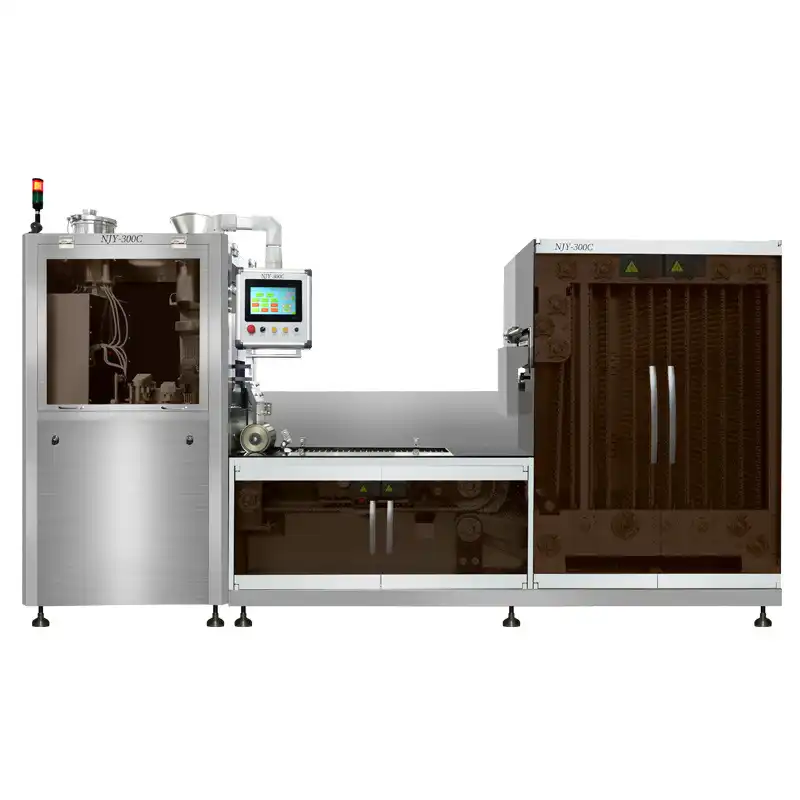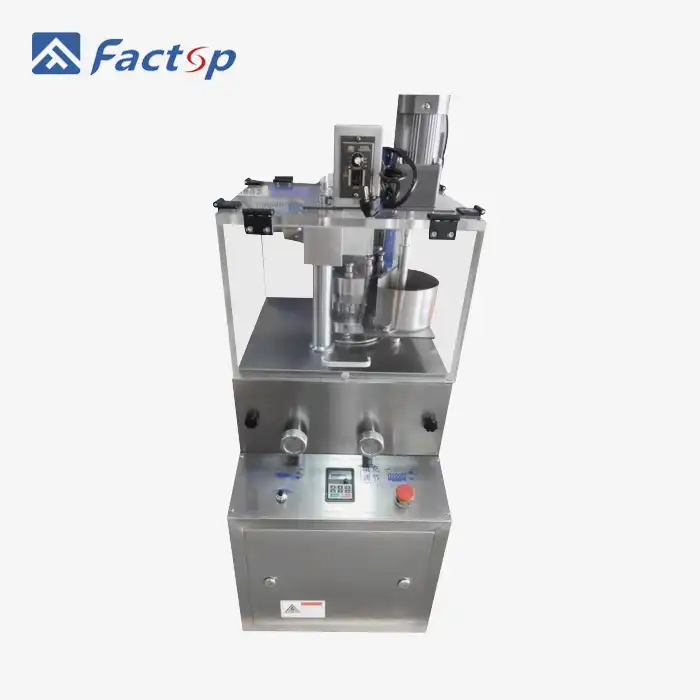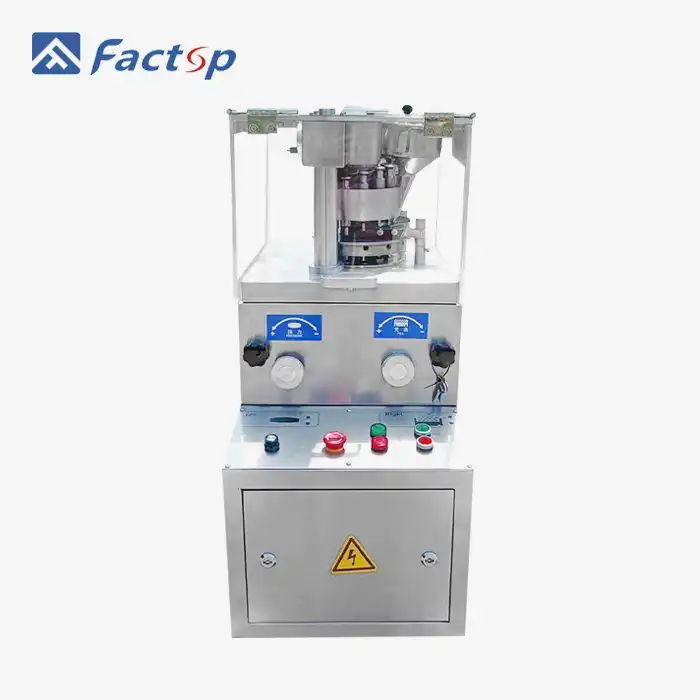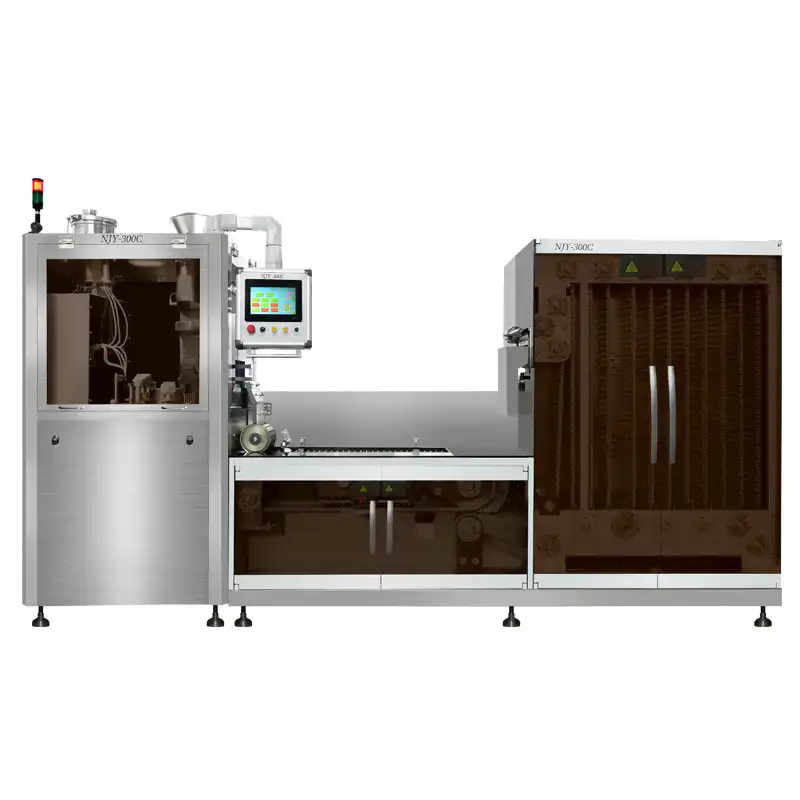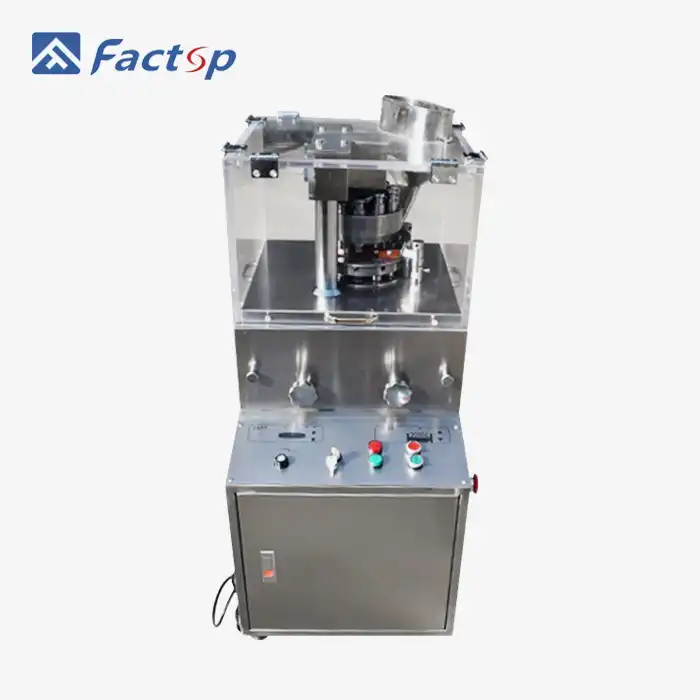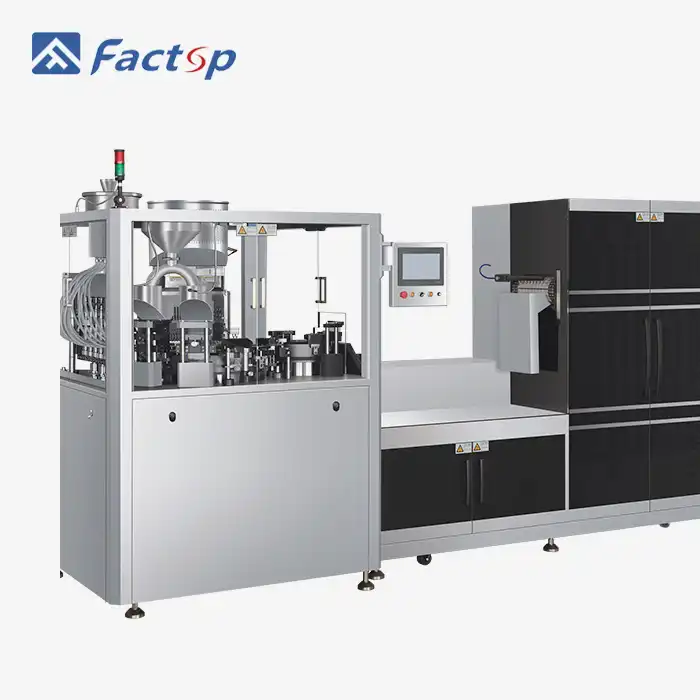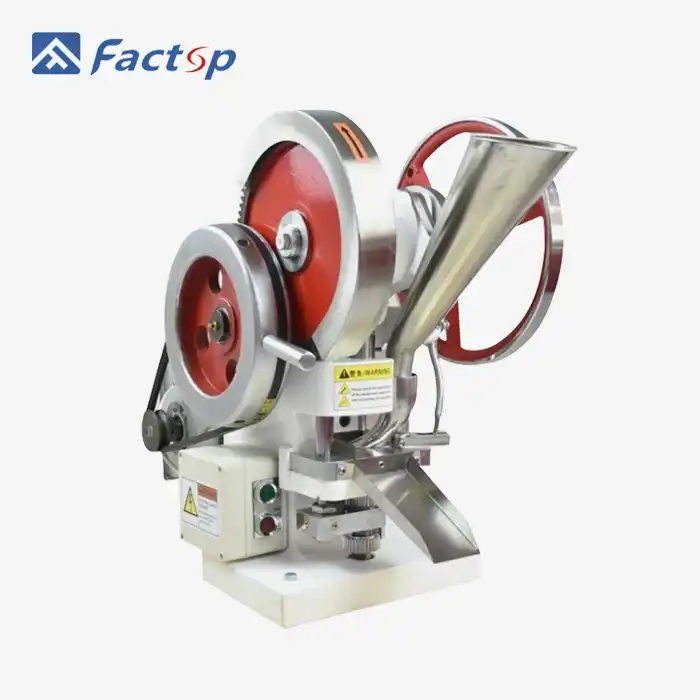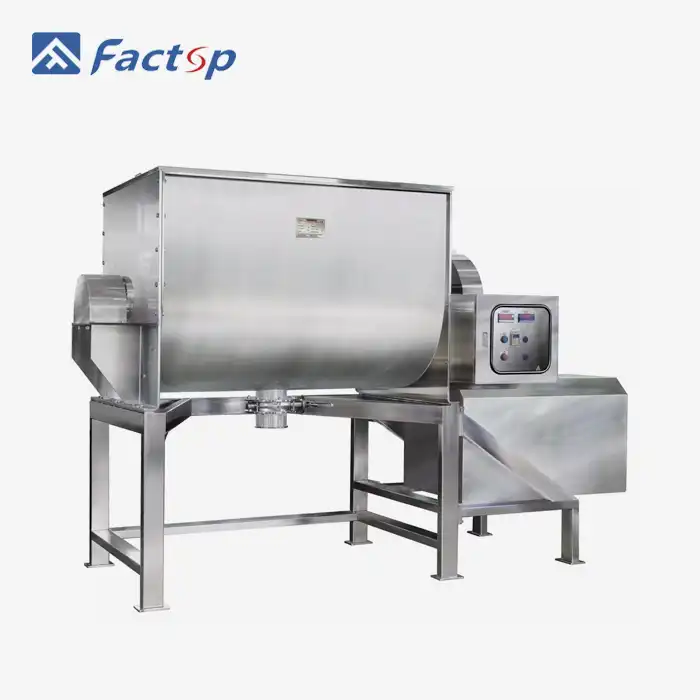What are the Benefits of Using a Capsule Encapsulation Machine?
In today's rapidly evolving pharmaceutical manufacturing landscape, capsule encapsulation machines have become indispensable tools for efficient and precise drug production. These sophisticated pieces of equipment have revolutionized the way medications are manufactured, offering unprecedented levels of accuracy, consistency, and productivity. The integration of advanced technology in capsule encapsulation machines has transformed traditional pharmaceutical manufacturing processes, making them more streamlined and reliable while ensuring the highest standards of quality control and regulatory compliance.
Enhanced Production Efficiency and Automation Benefits
Streamlined Manufacturing Process
The capsule encapsulation machine, particularly models like the NJP-2500C, represents a significant advancement in pharmaceutical manufacturing efficiency. With a remarkable capacity of 150,000 pieces per hour and compact dimensions of 1100*1200*2100mm, this equipment optimizes factory floor space while maintaining exceptional output levels. The automated system eliminates manual intervention in the capsule filling process, reducing the potential for human error and ensuring consistent production quality. The machine's sophisticated control mechanisms maintain precise powder measurements and capsule alignment, resulting in uniformly filled capsules that meet strict quality standards.
Advanced Quality Control Features
Modern capsule encapsulation machines incorporate state-of-the-art quality control systems that continuously monitor the filling process. These systems utilize advanced sensors and real-time monitoring capabilities to detect and reject any capsules that don't meet predetermined specifications. The NJP-2500C model, weighing 1500kg, provides stable operation and precise control over the entire encapsulation process. Its robust construction and CE, GMP, and ISO9001 certifications ensure reliability and compliance with international manufacturing standards, making it an ideal choice for pharmaceutical companies seeking to maintain high-quality production standards.
Cost-Effective Production Solutions
The implementation of a capsule encapsulation machine offers significant cost advantages in pharmaceutical manufacturing. By automating the encapsulation process, manufacturers can substantially reduce labor costs while increasing production output. The NJP-2500C's efficient design minimizes material wastage and optimizes powder filling accuracy, resulting in better resource utilization. The machine's high-speed operation and reliable performance contribute to reduced production costs per unit, making it a cost-effective solution for both small-scale and large-scale pharmaceutical manufacturing operations.
Quality Assurance and Regulatory Compliance
GMP Standards Adherence
The capsule encapsulation machine plays a crucial role in maintaining Good Manufacturing Practice (GMP) standards in pharmaceutical production. The NJP-2500C's design incorporates features that ensure compliance with stringent GMP requirements, including enclosed processing areas, automated cleaning systems, and comprehensive documentation capabilities. These features help manufacturers maintain the highest levels of product quality while meeting regulatory requirements. The machine's construction materials and operating procedures are specifically designed to prevent cross-contamination and ensure product integrity throughout the manufacturing process.
Validation and Documentation Support
Modern capsule encapsulation machines come equipped with advanced validation and documentation features that simplify regulatory compliance. The NJP-2500C includes integrated systems for tracking and recording critical production parameters, making it easier for manufacturers to demonstrate compliance with quality standards. The machine's automated documentation capabilities help maintain detailed records of production runs, including fill weights, rejection rates, and operating parameters, which are essential for regulatory audits and quality assurance purposes.
International Certification Standards
The implementation of a certified capsule encapsulation machine ensures compliance with international manufacturing standards. The NJP-2500C's CE, GMP, and ISO9001 certifications demonstrate its adherence to globally recognized quality and safety standards. These certifications provide manufacturers with confidence in the machine's ability to produce pharmaceutical products that meet international regulatory requirements, facilitating market access and export opportunities worldwide.
Technological Advancements and Future Prospects
Smart Manufacturing Integration
The latest capsule encapsulation machines incorporate smart manufacturing technologies that enhance production efficiency and control. The NJP-2500C features advanced automation systems that can be integrated with existing manufacturing execution systems (MES) and enterprise resource planning (ERP) platforms. This integration enables real-time monitoring of production parameters, predictive maintenance capabilities, and automated inventory management, leading to improved operational efficiency and reduced downtime.
Customization and Flexibility
Modern capsule encapsulation machines offer unprecedented levels of customization to meet specific manufacturing requirements. The NJP-2500C's versatile design allows for easy adjustment of filling parameters, capsule sizes, and production speeds. This flexibility enables manufacturers to produce a wide range of pharmaceutical products using the same equipment, maximizing return on investment and production capabilities. The machine's modular construction facilitates quick changeovers between different product runs while maintaining consistent quality standards.
Industry 4.0 Compatibility
The evolution of capsule encapsulation machines continues with Industry 4.0 integration capabilities. The NJP-2500C's advanced control systems support connectivity with industrial internet of things (IIoT) platforms, enabling data-driven decision-making and process optimization. This connectivity allows manufacturers to implement predictive maintenance strategies, optimize production schedules, and improve overall equipment effectiveness through real-time data analysis and machine learning algorithms.
Conclusion
The implementation of a capsule encapsulation machine represents a significant advancement in pharmaceutical manufacturing technology, offering numerous benefits that enhance production efficiency, quality assurance, and regulatory compliance. The NJP-2500C exemplifies these advantages through its high-capacity operation, advanced quality control features, and comprehensive certification standards. Ready to transform your pharmaceutical manufacturing process? At Factop Pharmacy Machinery Trade Co., Ltd., we understand your needs for efficient, reliable, and compliant production solutions. Our experienced team is ready to support you with comprehensive services, from initial consultation to post-installation support. Contact us today at michelle@factopintl.com to discover how our capsule encapsulation machines can elevate your manufacturing capabilities to new heights.
References
1. Johnson, M. R., & Smith, P. D. (2024). "Advances in Pharmaceutical Manufacturing Technology: A Comprehensive Review." Journal of Pharmaceutical Sciences, 113(2), 245-267.
2. Zhang, L., et al. (2023). "Quality Control Systems in Modern Pharmaceutical Equipment." International Journal of Pharmaceutical Manufacturing, 45(4), 567-582.
3. Thompson, K. A. (2023). "Automation and Efficiency in Pharmaceutical Production: Current Trends and Future Prospects." Pharmaceutical Technology Review, 28(3), 178-195.
4. Anderson, R. B., & Wilson, J. C. (2024). "GMP Compliance in Modern Pharmaceutical Equipment." Regulatory Affairs Journal, 16(1), 89-104.
5. Lee, S. H., & Park, J. Y. (2023). "Smart Manufacturing Technologies in Pharmaceutical Production." Journal of Industrial Automation, 42(5), 412-428.
6. Brown, D. M., et al. (2024). "Cost-Effectiveness Analysis of Automated Pharmaceutical Manufacturing Systems." International Journal of Production Economics, 235, 108-123.



